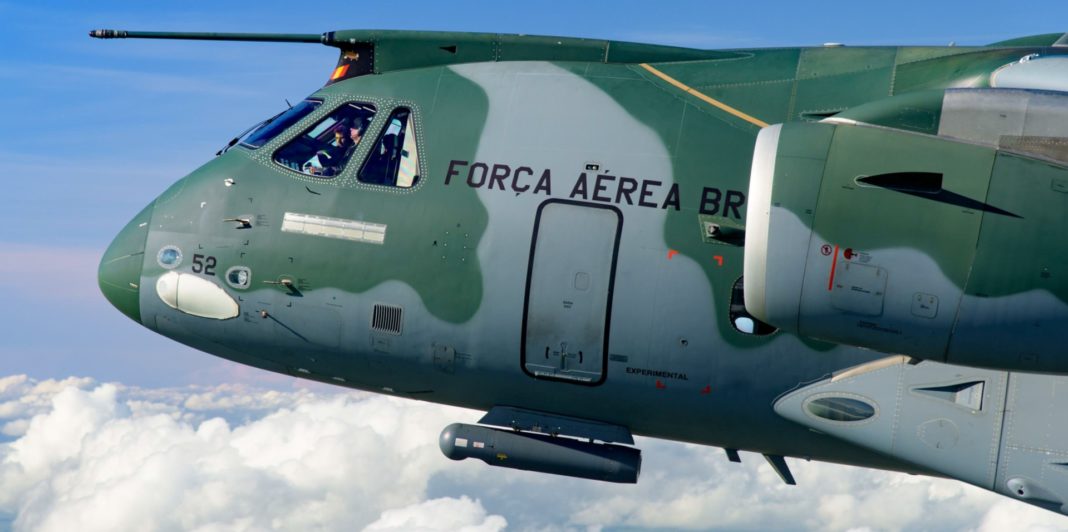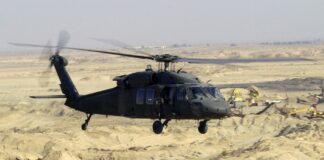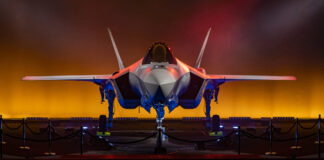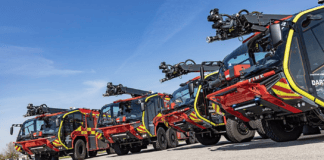Just over five percent of the world’s population live in South America, but one in three deaths (from or with) Covid-19 worldwide are in this region. As of June 2, the largest South American country Brazil alone counted more than 463,000 coronavirus deaths, putting it in second place worldwide behind the USA in the statistics. Of course, this is also having an impact on the country’s economy, with Brazil facing one of the worst economic recessions in its history. Millions remain unemployed (14.7 percent), inflation is rising, countless companies are going under and more people are going hungry. Head of state Jair Bolsonaro still only sees the pandemic as a “minor flu” and is shying away from lockdowns, but with a population of 212 million, Brazil is currently sliding into a third wave. And because of the Brazilian virus variant P1, (some) virologists predict that the settlement structure and a weak healthcare system (only 9.2% of the population are fully immunized) would provide the ideal breeding ground for new mutations.
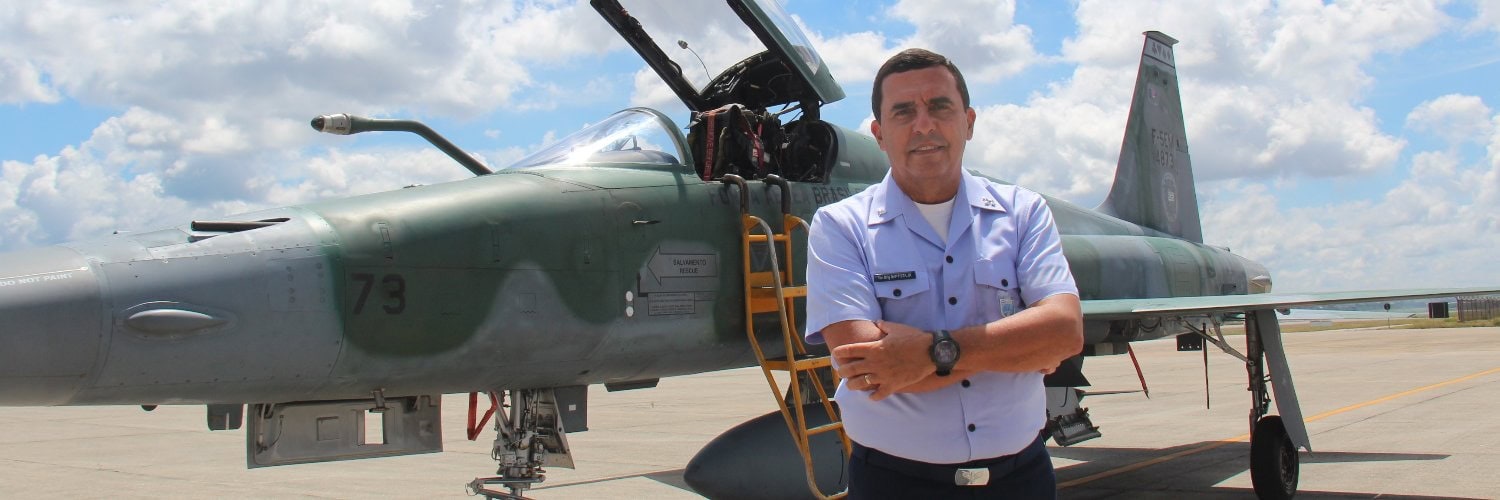
As has been expected in Europe since the beginning of the crisis, against this sobering economic backdrop, defense spending – which is often perceived as too high, unnecessary or even indecent by parts of the political/media public anyway – is also becoming the focus of the finance ministers, who have been tasked with dealing with what is probably a gloomy period, but are foreseeably also overstretched. Short-term budget cosmetics or not. Air chief faces up to the realities
In Brazil, people have now spoken plainly and already named very specific effects of the economic downturn triggered by Covid. The commander of the Brazilian Air Force (Força Aérea Brasileira, FAB for short), General (Tenente Brigadeiro) Carlos de Almeida Baptista Jénior, announced in a long interview with Valor magazine on June 1 that, among other things, the planned 28 KC-390 twin-engine jet transporters will not be delivered. In the longer term, however – perhaps surprisingly against this background – the number of 36 Saab Gripen-E/Fs currently undergoing troop introduction tests may even be doubled. Large transport/tanker aircraft are also being sought.

No danger of a coup
General Baptista has only been in office for two months. Incidentally, 22 years ago, his father was unceremoniously made head of the air force by President Cardoso as President of the Supreme Military Court. Both processes were preceded by protests by the highest officers against political decisions affecting the military, which has always been more or less restless. At the beginning of April, Bolsonaro also had to replace the defense minister and all three commanders of the armed forces following criticism of his crisis management and his handling of the army with regard to regional lockdowns. When asked about this “military intervention” and a possible coup, Baptista emphasized at his inauguration that he had assured the president that he would act strictly in accordance with Article 142 of the constitution. This article permits and regulates the internal deployment of the military in order to guarantee law and order.
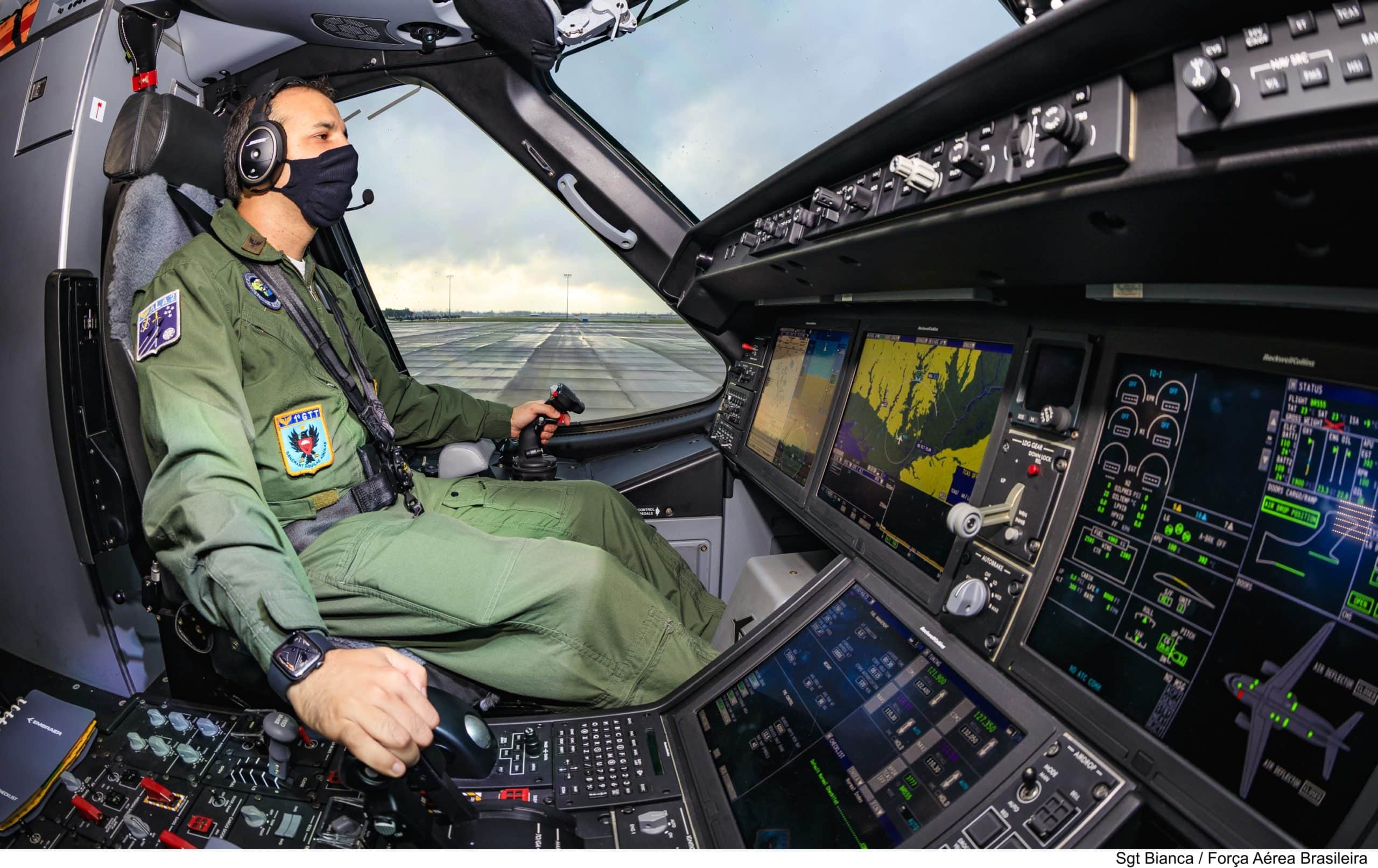
Only half as many KC-390s
“For this year, we have only received 50 percent of the funds for KC-390 and Gripen financing,” said the General. And this situation – he called it budgetary realities – will probably remain like this for some time to come, or at least that’s what he has to take into account. Before the pandemic, the FAB flew a total of 170,000 hours a year; this year it will only be 120,000. However, there is no possibility of extending, interrupting or outsourcing pilot training – that would ruin valuable human resources. It is therefore a question of prioritizing a problem that society finds difficult to solve in view of needs such as health, education, infrastructure and the armed forces. All of this prompted him to renegotiate the contract for the planned delivery of 28 KKC-390 aircraft with the national “big player” Embraer, or to split it up.

FAB’s large and ultra-modern twin-deck high-decker freighter/tanker was developed in partnership with the company in a project that was launched in 2009 and subsidized by the Brazilian government. At the time, the project was worth the equivalent of a good one billion euros. So far, four aircraft have been delivered to the FAB (1° Grupo de Transporte de Tropa 1°GTT “Esquadrão Zeus”, subordinate to Ala 2 in Anápolis), with three more to follow this year. There are also firm orders for Portugal (five aircraft) and Hungary (2+1 option). Embraer also reportedly has international letters of intent for 33 further aircraft. Over the next three months, the now reduced number of Brazilian aircraft is to be negotiated by mutual agreement; according to General Baptista, it will probably be between 13 and 16. He said that fewer would be “indecent”, as various production steps had already been initiated for twelve FAB aircraft, including the ordering of raw materials and long-lead parts as well as the engines. Embraer has since announced that it will initially reduce production to two aircraft per year (for the FAB) from 2022.
Oxigênio para Manaus!
The air chief emphasized that the four existing aircraft had already proven their worth during the Covid pandemic, when oxygen – in almost 400 high-pressure containers – and ventilators had to be urgently transported to the Amazon metropolis of Manaus when the health system collapsed in January. And this was accomplished in half the time it would have taken using C-130 transport aircraft. On the return flights of this airlift, more than 900 patients from Manaus were redistributed throughout Brazil (just for dimension: the domestic flight Sao Paulo-Manaus is further than Paris-Moscow). The full KC-390 certification had not even been completed yet. With the support of Embraer, this was done from Thursday to Saturday and the KC-390s went into instant continuous operation – with a very good availability rate. At the same time, four other aircraft and six crews were sent to China to fly Brazilians out of Wuhan as quickly as possible. According to Baptista, no crew member was infected and it was “a thoroughly successful, even impressive war operation”. Overall, however, the statements give the impression that the KC-390s have proven to be so efficient, flexible and highly reliable that they could now be reduced.
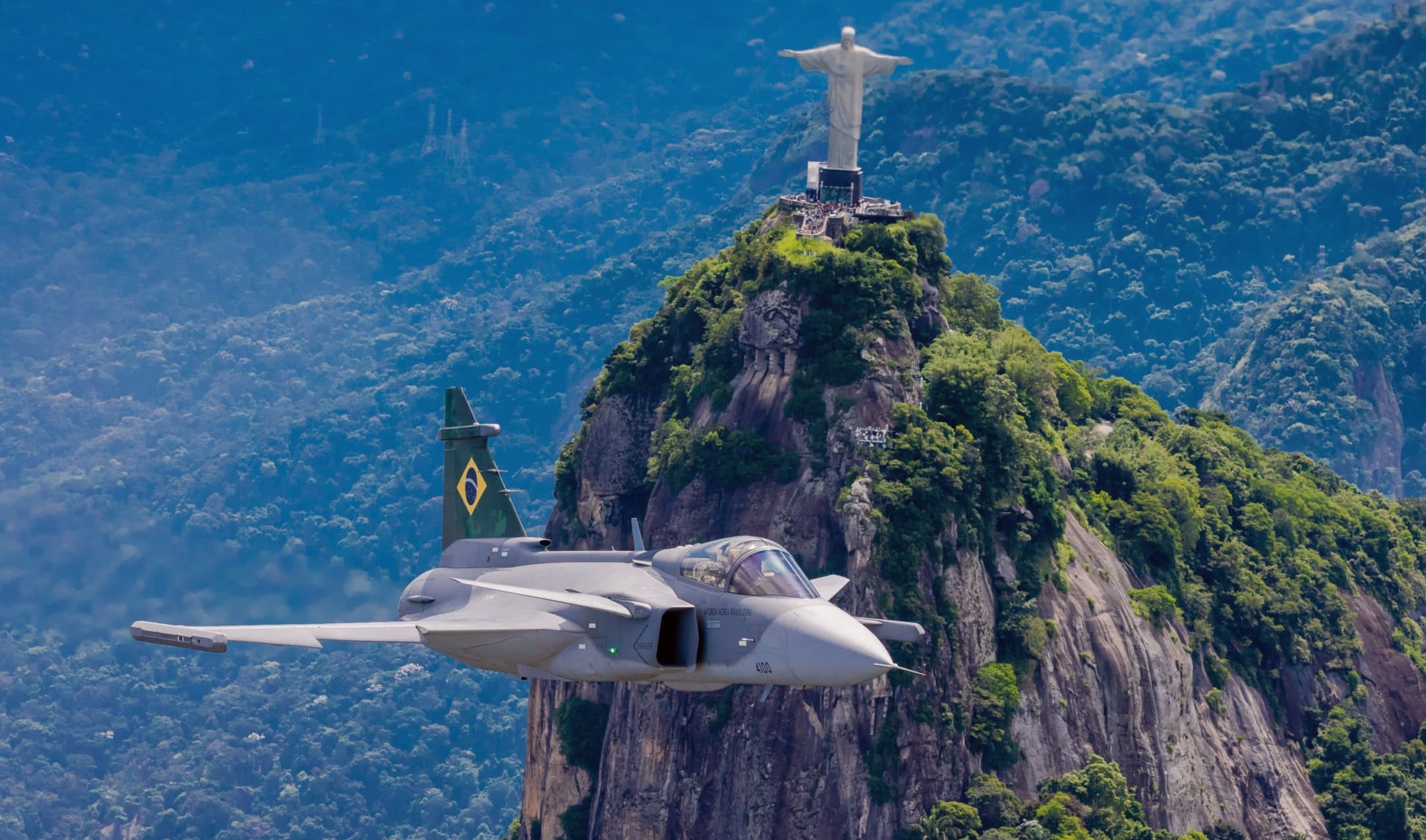
Twice as many Gripen – because of Venezuela?
In an interview with Valor, General Baptista also addressed the need to initiate the procurement of a further tranche of Gripen-E fighter aircraft from the longer-term structural planning. A first prototype is in operation with test pilots, and the first four of the 36 series fighter aircraft currently on order will be delivered at the end of 2022. The general took the opportunity to mention – probably not coincidentally – the socialist Venezuela, which is equipped with Russian Su-30MVs (with a low clear level) and S-300s, but remains internally unstable, and the presence of Russian troops in “Maduro’s country” as a “destabilizing factor”. (Note: This ranges from dozens of military flights and the infiltration of non-uniformed paramilitary officers to the deployment of official military advisors and assistants for Maduro. Tu-160 bombers have already flown as far as Venezuela – see report) But – according to the commander when asked – it is not possible to stick with 36 aircraft for a country the size of Brazil, regardless of Venezuela. This would allegedly also be clear to politicians, pandemic or not. In the current Gripen contract for Brazil, Embraer is responsible for the assembly, testing and delivery of 15 aircraft, with the rest coming from Sweden. In addition, the eight two-seater Gripen-Fs are developed and built entirely in Brazil; Sweden (incidentally also for Finland) sees no need for them (versus D models and simulators). The tail cone, front fuselage, wing box and F front fuselage have been in production at the new “Saab Aeron-utica Montagens” plant near Sao Paulo for a year now, with 70 specialists – 35 of them trained in Sweden – working there. Final assembly then takes place at the nearby Embraer plant in Sao Paulo and at the main production site in Linköping.
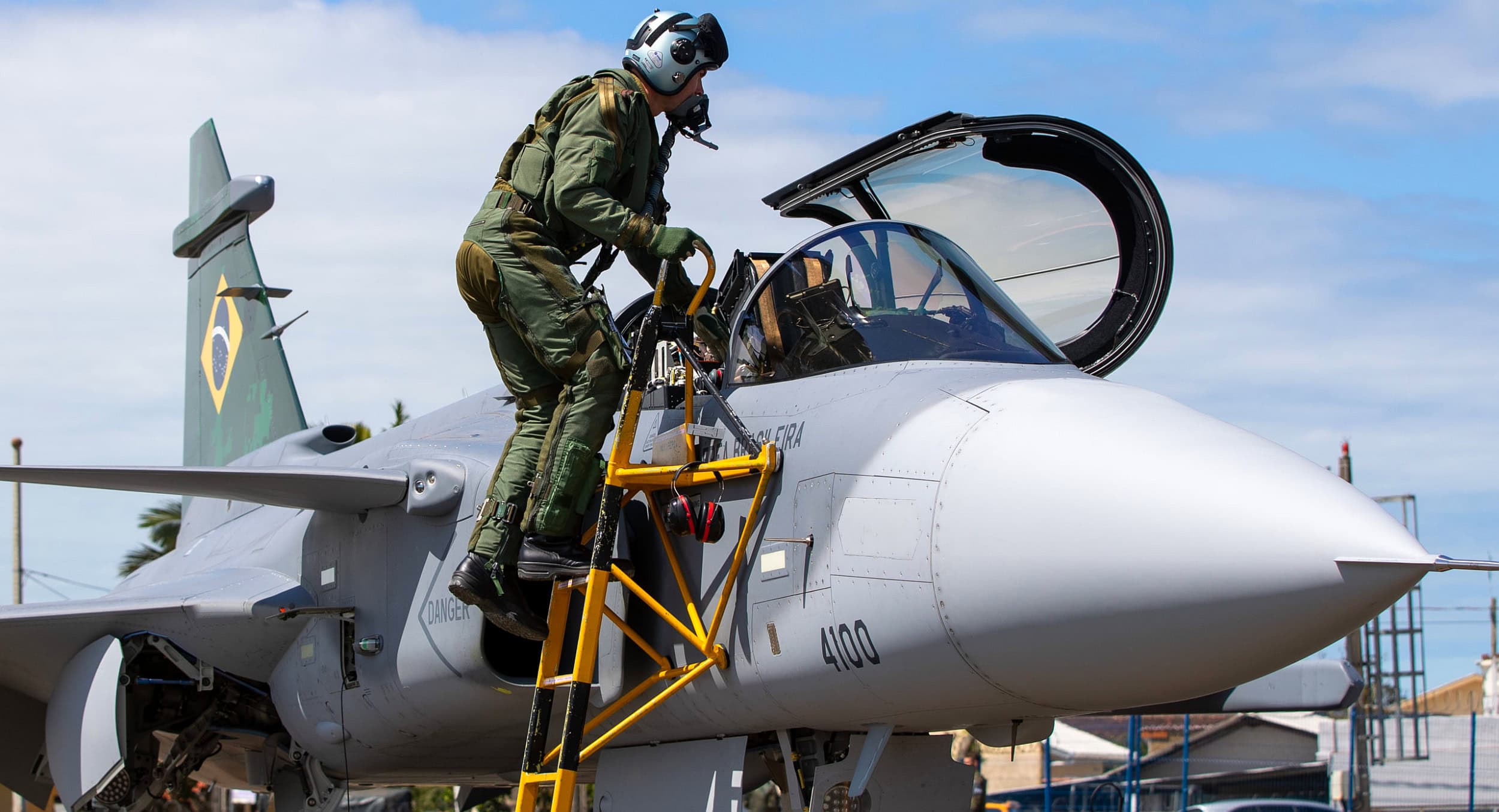
Transporter/tanker needs
In 2018, the FAB did not extend the lease of a Boeing-767; the four old KC-707s were parked in 2013. President Jair Bolsonaro – also to meet the FAB’s sudden urgent need for airlift capacity in the face of Covid – has approached the UK as a prime candidate to sell two of its A330MRTT (Voyager in the RAF) tanker/transporter aircraft. And just last month, the (new) Brazilian Defense Minister and ex-Army General Walter Souza Braga gave the net green light for the acquisition of two such used examples. Directly and without a tender, called “Program KC-X3”. It is not yet known which RAF aircraft could go to the Amazon, either wholly or temporarily; the RAF uses two variants: Voyager KC2, with a Cobham 905E hose reel container under each wing and the KC3, with an additional third station model Cobham 805E, in the rear of the fuselage. This is used for refueling large aircraft such as the A400M. The Brazilian military aircraft AMX, F-5E or C295 – and of course KC-390 – are all “basket tankers”. However, despite their RAF markings, the A330MRTTs do not belong to the RAF, but to the “Air Tanker” consortium. The latter leases them to the RAF and provides the number required each day. Airbus, Cobhan and Rolls-Royce are part of “Air Tanker” – General Baptista and Minister Netto (!) will probably also have to talk to them.
Click here for more news about Saab and here for more news about Embraer.

